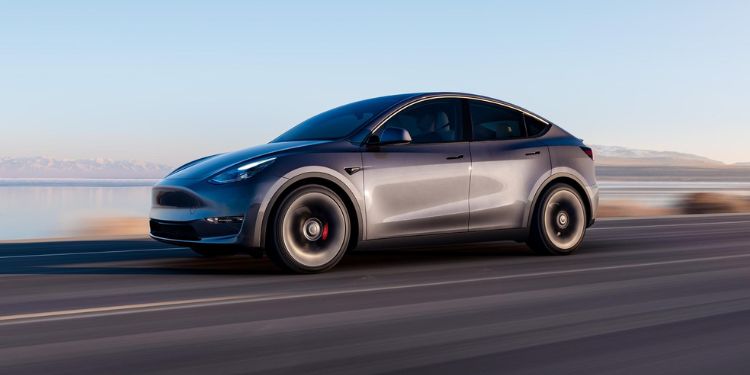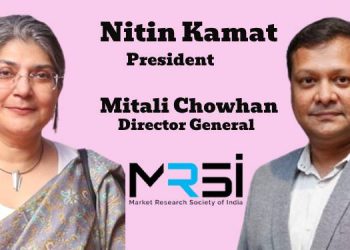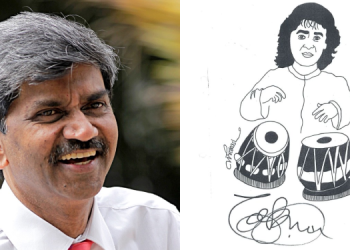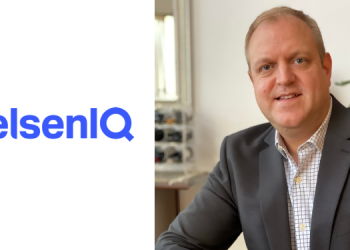Brand Finance revealed a Sustainability Perceptions Index in partnership with the International Advertising Association (IAA) at the World Economic Forum in Davos in January 2023.
The study starts with brand value and arrives at ‘Sustainability Perceptions Value’ as a product of brand value x sustainability driver (importance of sustainability in a sector) x sustainability perception score. The perception score is calculated using inputs from Brand FInance’s Global Brand Equity Monitor that has a panel of over 100,000 consumers from 36 countries.
The study delved into the role of sustainability in driving consideration across sectors. Luxury Auto had an average driver score of 22.9 percent, the highest among all categories followed by soft drinks (13.7pc), supermarkets (12.6pc), media (10.1pc) and cosmetics (10pc). Automobiles (9.4pc), beers (9pc), insurance (8pc), oil & gas (8pc) and banking (6.8pc) complete the top 10.
Tesla was found to have the highest sustainability driver score of any brand, at 26.9 percent, resulting in a sustainability perceptions value of US $17.8 billion earning it second spot on the Sustainability Index..
Amazon tops the list with a perceptions value at US $ 19.9 billion driven by its scale of operations. Apple is at third spot (14.7bn), followed by Google (14.6bn) and Microsoft (9bn).
The report notes: “Consumer expectations may change in response to exposes, enhanced reporting requirements, education, and media coverage. If Amazon fails to keep pace through a precautionary approach to improving its sustainability performance, and to communicate clearly and honestly about its progress, those billions of dollars of value could be at risk.”
While the top five on the index are US brands, the next five are Chinese and German: WeChat (8.4bn), Porsche (8.1bn), TikTok (8bn), State Grid Corporation of China (7.4bn) and Mercedes Benz (6.5bn).

In her preface to the index, Dagmara Szulce, Managing Director, IAA Global, noted, “We see this as an incredibly potent tool to incentivise action that aligns with the UN SDGs and wider aims of the UN Global Compact. Our research shows that the world’s biggest brands, whether they are seen as sustainability champions or not, have hundreds of millions of dollars’ worth of value contingent on how sustainable they are perceived to be. By highlighting the financial value that is contingent on sustainability perceptions, we hope to harness businesses’ profit motive, moving them past the point where they see sustainability as a ‘hygiene factor’, to a point of rapid, concerted action.”

















